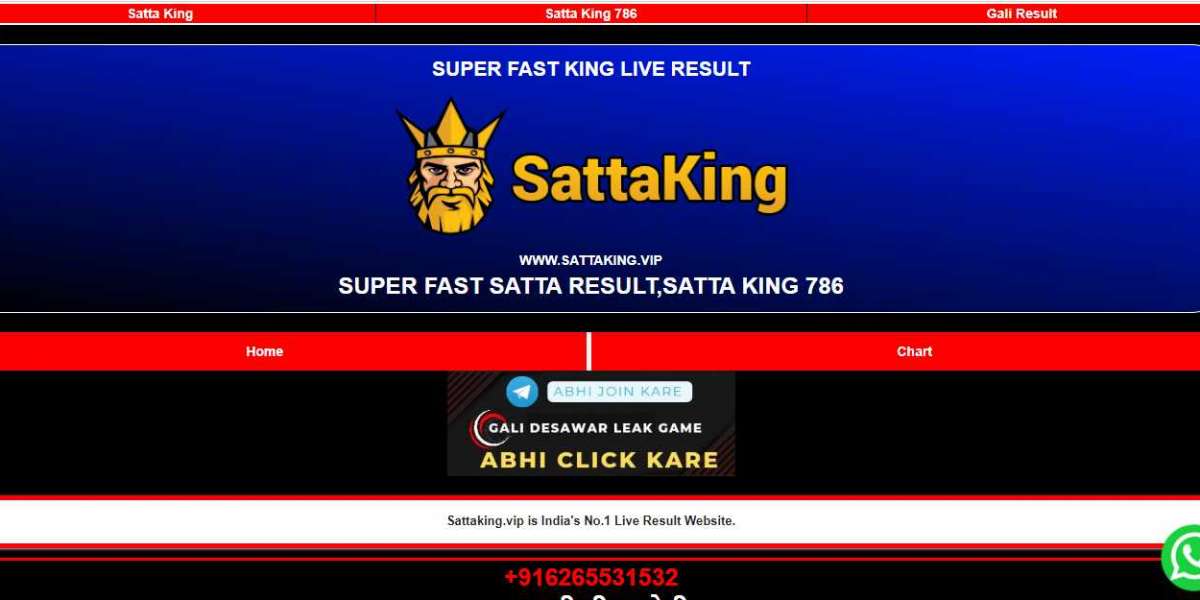Marketing is a crucial component of modern business, and it plays a key role in driving growth, building brand awareness, and engaging with customers. Effective marketing requires a comprehensive strategy that takes into account the unique characteristics of the business, the target audience, and the competitive landscape. In this blog, we will explore some key steps to successful marketing.
Define your target audience: Before beginning any marketing campaign, it is important to clearly define your target audience. Who are you trying to reach? What are their needs, interests, and preferences? Understanding your target audience is crucial to creating effective marketing messages that resonate with them.
Develop your brand identity: Your brand identity is how your business is perceived by your target audience. It includes your company's name, logo, mission statement, and visual style. A strong brand identity can help you stand out from the competition and build trust with your customers.
Choose the right marketing channels: Not all marketing channels are created equal, and different channels are better suited for different types of businesses and audiences. For example, social media marketing is a great way to reach younger audiences, while email marketing is more effective for targeting existing customers. Choose the marketing channels that are most relevant to your business and target audience.
Create compelling content: Your marketing messages should be informative, engaging, and aligned with your brand identity. Use a mix of text, images, and videos to keep your content fresh and interesting, and make sure that it is optimized for each marketing channel.
Use data to guide your decisions: Marketing is both an art and a science, and using data to guide your decisions can help you optimize your marketing campaigns over time. Use tools such as Google Analytics to track website traffic, conversion rates, and other key metrics, and use this data to refine your marketing strategy over time.
Measure your results: Regularly measuring the success of your marketing campaigns is crucial to improving your marketing efforts over time. Use tools such as A/B testing to test different marketing messages and strategies, and use the data you collect to refine your approach.
Foster customer relationships: Building strong relationships with your customers is crucial to building a loyal customer base and driving long-term growth. Use customer feedback to improve your products and services, and engage with your customers through social media, email marketing, and other channels.
In conclusion, marketing is a crucial component of modern business. By defining your target audience, developing your brand identity, choosing the right marketing channels, creating compelling content, using data to guide your decisions, measuring your results, and fostering customer relationships, you can create a successful marketing strategy that drives growth, builds brand awareness, and engages with your customers.








